
FIFA 23 Community/EFIGS TOTS Upgrade SBC: How to Complete
FIFA 23 Community/EFIGS TOTS Upgrade SBC is now live during Ultimate Team of the Season. Here's how to complete the SBC and if it's worth it.
2023-06-15 01:24
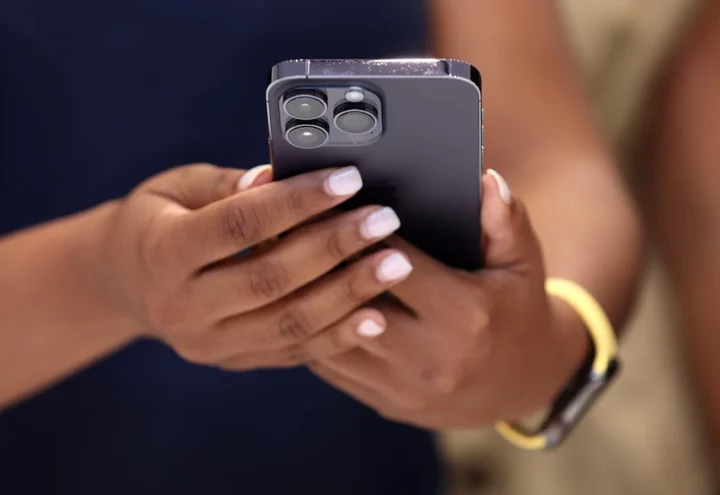
Apple gives iPhone users another year of free satellite ‘SOS’ communications
Apple will give iPhone 14 and 15 owners another free year of satellite communications, answering one of the big questions around its recent models. Apple released its Emergency SOS via Satellite feature with the iPhone 14, last year. It allows the devices to call for help through satellites, letting people contact the emergency services even if they are out of traditional phone coverage. But when it released the feature, it said that it would only be available for free for one year, and gave no information about what it planned to do afterwards. That led to fears that customers could get stuck in perilous situations and be left without the coverage if they had not paid for it. Now Apple says that it will give iPhone 14 users another year of coverage. Once again, it did not explicitly say what would happen when that year is up. Apple said that “many lives” had been saved with the feature, pointing to a range of examples where people outside of usual connections are not available. “Emergency SOS via satellite has helped save lives around the world. From a man who was rescued after his car plummeted over a 400-foot cliff in Los Angeles, to lost hikers found in the Apennine Mountains in Italy, we continue to hear stories of our customers being able to connect with emergency responders when they otherwise wouldn’t have been able to,” said Kaiann Drance, Apple’s vice president of Worldwide iPhone Product Marketing. “We are so happy iPhone 14 and iPhone 15 users can take advantage of this groundbreaking service for two more years for free.” The Emergency SOS via Satellite feature was first launched in the US and Canada on 15 November, meaning that Apple’s announcement comes on the first day that anyone would be otherwise out of coverage. iPhone 14 users must have activated their device before today to be given the extra free year. The service is not free for Apple, since it must pay satellite operators for connections and also operates relay centres that pass on text messages from people’s phones to emergency service calls centres. It has not said how much the infrastructure to run the emergency SOS tool costs. As well as allowing people to contact the emergency services, iPhone users can also update the Find My app through the satellite signal. With the release of the iPhone 15, Apple also announced that satellite users would be able to get in touch with car breakdown services in the US. Read More You can finally use one feature of the Apple Vision Pro headset – sort of Setback for Ireland as EU legal adviser recommends revisit of Apple tax case Apple just released an iPhone update you should download right now
2023-11-15 17:26
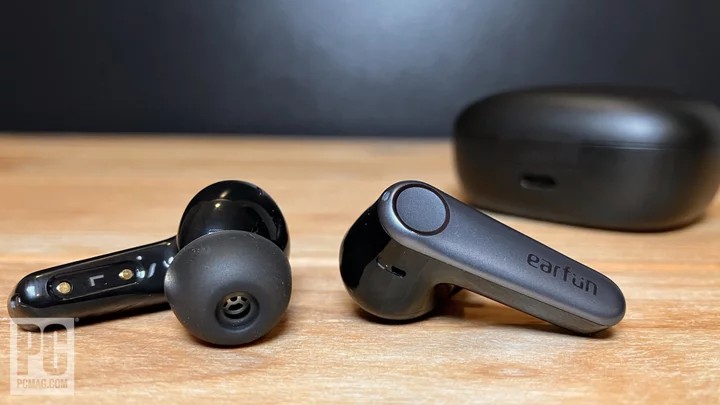
EarFun Air Pro 3 Review
EarFun’s flagship Air Pro 3 noise-cancelling true wireless earphones cost more at $99.99 than most
2023-06-19 22:57
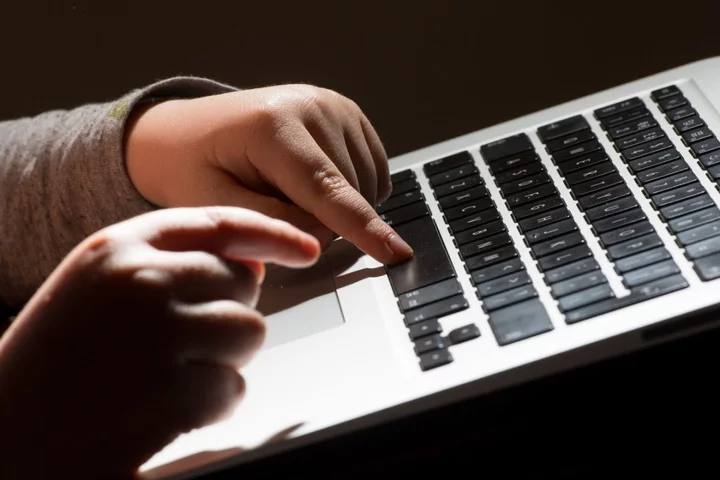
Meta faces renewed criticism over end-to-end encryption amid child safety fears
Child protection experts have fiercely criticised social media giant Meta over its plans for end-to-end encryption, accusing the tech firm of prioritising profit over children’s safety. Simon Bailey, a former police chief constable who was national lead for child protection at the National Police Chiefs’ Council, accused Meta of a “complete loss of social and moral responsibility” over the plans. John Carr, who is secretary of a coalition of UK children’s charities to deal with internet safety, called the move “utterly unconscionable”. Their comments came after head of the National Crime Agency Graeme Biggar said introducing end-to-end encryption on Facebook would be like “consciously turning a blind eye to child abuse”. Speaking at a lecture in Westminster earlier this month, the law enforcement chief said it should be up to the government rather than technology companies to draw the line between privacy and child safety. Meta responded by saying it has robust measures in place to combat abuse and that it expects to make more reports to law enforcement after end-to-end encryption is brought in. Mr Bailey said as he had seen the scale of online sexual abuse grow, he also saw “big tech companies, like Meta, absolve themselves of any responsibility when it comes to tackling online child sexual abuse”. The former chief constable said: “Big tech facilitates and, through their algorithms, encourages this abuse to take place. It is time their complete loss of social and moral responsibility is highlighted and challenged Simon Bailey “In response to what they know and can see as a global pandemic of online child sexual abuse, they have consciously decided to take the easy way out of dealing with the problem. “Meta, one of the largest carriers of this abuse, has decided to implement end-to-end encryption by default, and effectively stop law enforcement’s ability to identify and arrest offenders and, ultimately, to protect children. “They are using the guise of privacy to justify their position and in doing so, are continuing to put profit before child protection. It is time their complete loss of social and moral responsibility is highlighted and challenged.” Mr Carr, who is secretary of the UK Children’s Charities’ Coalition on Internet Safety said: “If introduced without the appropriate safeguards that will allow law enforcement to detect and prevent online child sexual abuse, end-to-end encryption threatens to deny justice to huge numbers of children. “Children are major user of social media. A great many use Meta’s platforms, including Facebook Messenger and Instagram Direct. “The design and nature of these platforms make them a perfect space for dangerous people to discover, befriend, groom and sexually abuse children – and if end-to-end encryption is introduced without appropriate safeguards, Meta will be willingly blinding itself to the abuse taking place online. “Their plans are utterly unconscionable – particularly when there are tech solutions out there that enable end-to-end encryption to exist and child sexual abuse to be detected, reported, and justice to be served. “Big tech companies, like Meta, must think again before introducing a blanket roll-out of end-to-end encryption across their platforms. “If they don’t, thousands of children will be at risk, and we will fail to solve the growing problem of online child sexual abuse. Do better Meta – it’s time to prioritise child safety over profit.” I cannot emphasise enough the impact this has on me and other victims of this abuse Rhiannon-Faye McDonald Rhiannon-Faye McDonald, head of advocacy at the Marie Collins Foundation, was herself sexually assaulted at the age of 13 after a predator contacted her online. She said: “To say I am disappointed that Meta is continuing with their plans to roll out end-to-end encryption is an understatement. The measures they say will be in place – using metadata to identify patterns of behaviour rather than content – are not good enough. “This move gives child sex abusers the ability to act undetected on its platforms as Meta will also lose the ability to use technology to detect and remove child sexual abuse images and videos. “As a victim of child sexual abuse myself, where my abuse was documented and shared online by the perpetrator, I cannot emphasise enough the impact this has on me and other victims of this abuse. “I am horrified that the images of my abuse could be infinitely reshared across the globe with no hope of them being blocked or taken down. How is this protecting my privacy?” She said it is “incredibly worrying” that big tech companies “can unilaterally make decisions that limit our ability to protect children”. A Meta spokesperson said: “The overwhelming majority of Brits already rely on apps that use encryption to keep them safe from hackers, fraudsters and criminals. “We don’t think people want us reading their private messages so have spent the last five years developing robust safety measures to prevent, detect and combat abuse while maintaining online security. “We recently published an updated report setting out these measures, such as restricting people over 19 from messaging teens who don’t follow them and using technology to identify and take action against malicious behaviour. “As we roll out end-to-end encryption, we expect to continue providing more reports to law enforcement than our peers due to our industry-leading work on keeping people safe.” Read More Call of Duty launch sparks record traffic on broadband networks Crypto investment fraud warning issued by major bank Council investigating extent of cyber attack that affected website and systems Setback for Ireland as EU legal adviser recommends revisit of Apple tax case Smartphones ‘may be able to detect how drunk a person is with 98% accuracy’ Ireland and Apple await major development in long-running EU tax dispute
2023-11-13 08:26
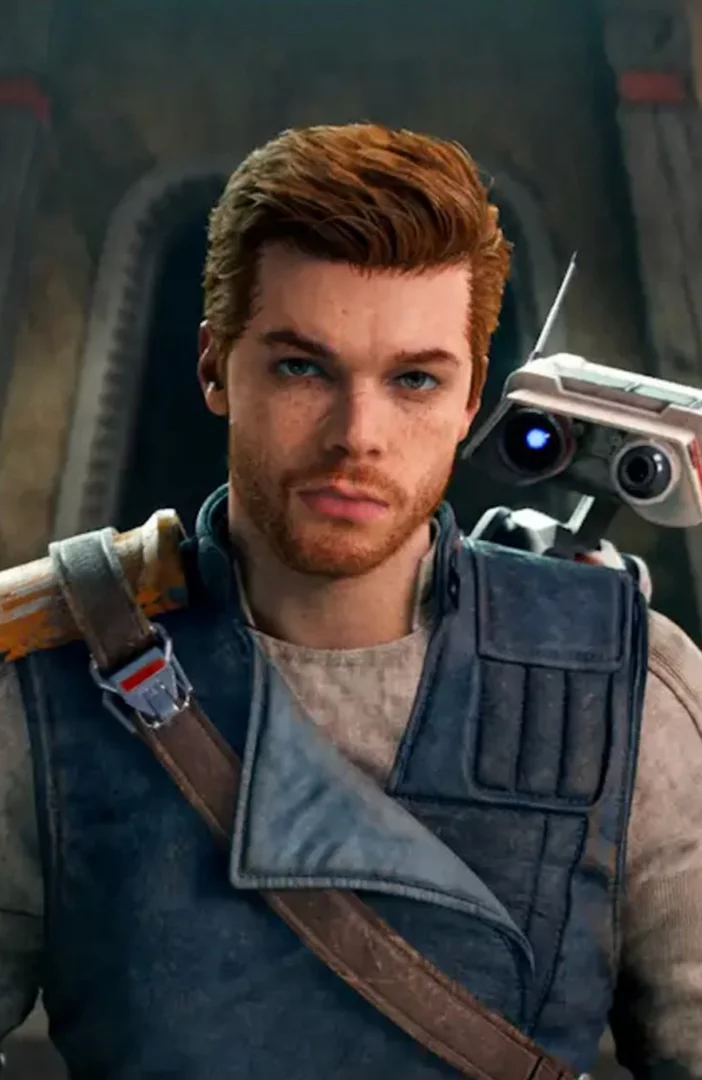
EA Games splits into two as part of major restructuring
EA Games is becoming EA Entertainment as part of a major restructuring.
2023-06-22 19:27
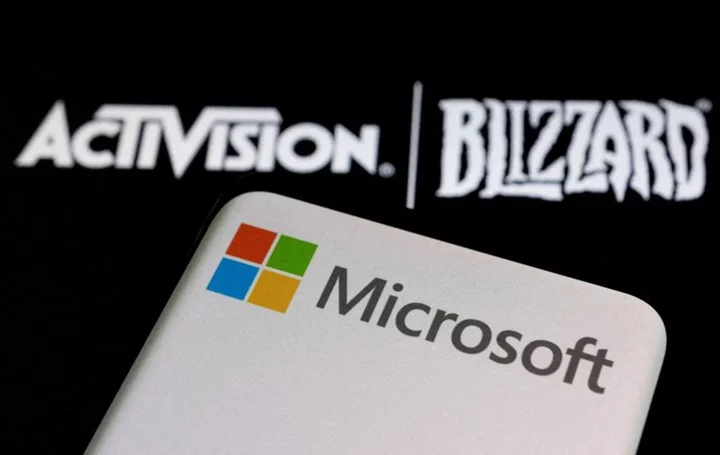
Microsoft-Activision deal back in hands of UK regulator after court pauses appeal
LONDON (Reuters) -Microsoft's Activision Blizzard deal is back in the hands of Britain's antitrust regulator after an appeals court granted
2023-07-22 03:24
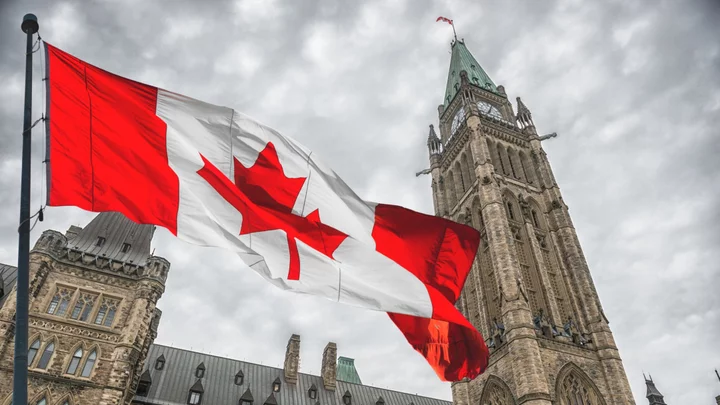
Want to Share News Articles on Facebook in Canada? Tough Luck
Facebook and Instagram users in Canada may need more pictures of babies, pets, and food,
2023-06-23 23:47
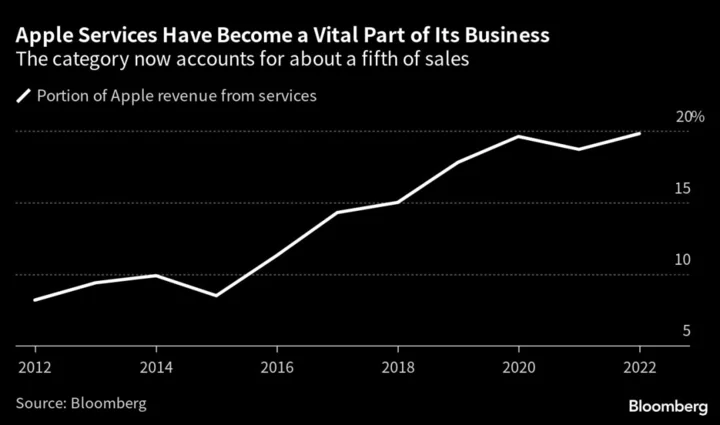
Apple Executive in Charge of TV+ and Sports Businesses to Depart
Apple Inc.’s top executive in charge of its video and sports businesses is departing, according to people familiar
2023-05-11 01:58
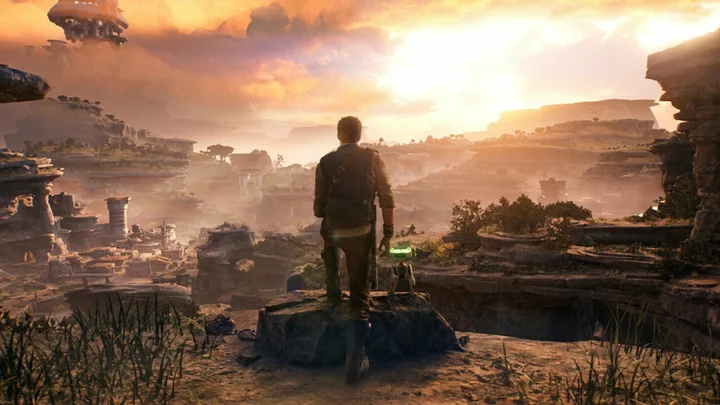
Save on a 'Star Wars Jedi: Survivor' Xbox bundle, plus more gaming deals this week
UPDATE: May. 9, 2023, 5:00 a.m. EDT This list has been updated with the latest
2023-05-09 17:56
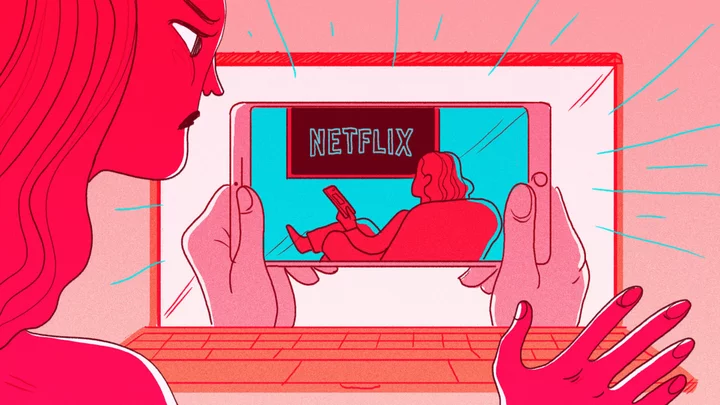
Don't Lose Access: How to Transfer Your Netflix Profile to a New Account
If you're mooching off someone else's Netflix account, the company's password-sharing crackdown may have you
2023-07-17 02:22
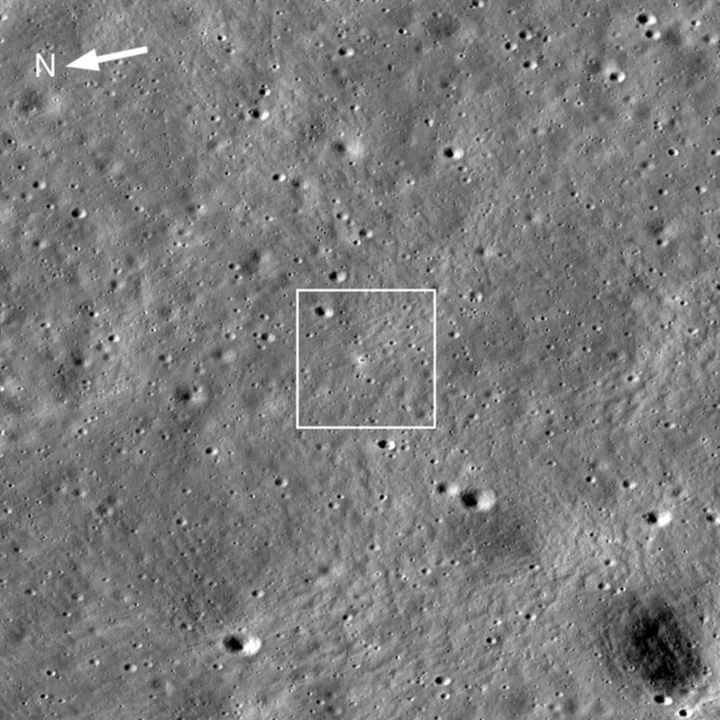
Chandrayaan-3: Nasa's lunar orbiter photographs India's Moon lander Vikram
Nasa said its Lunar Reconnaissance Orbiter took the image four days after India's historic Moon landing.
2023-09-06 13:46
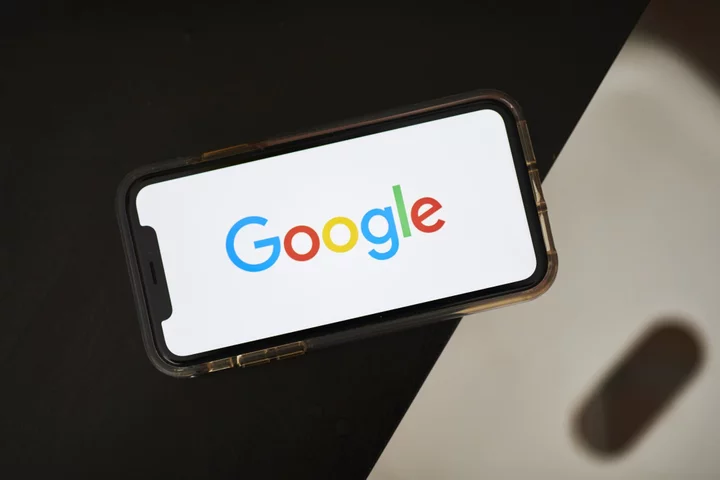
Google Will Roll Out New AI Tools for Advertisers, Marketers
Google is rolling out new artificial intelligence tools to help marketers create advertisements, seeking to expand its use
2023-05-24 00:58
You Might Like...
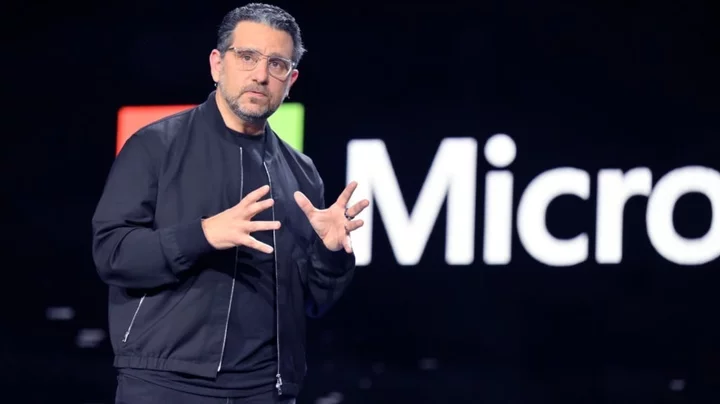
Panos Panay quits Microsoft. Is the upcoming Surface event in trouble?
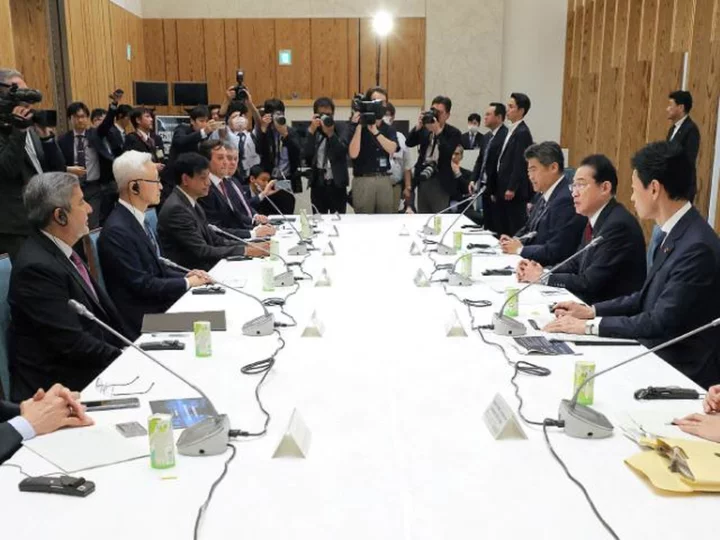
Chipmakers look to Japan as worries about China grow

What happened to Jessica Marrero? Missing NJ girl, 14, found after cops asked for community assistance to locate teen

EuroLeague live streams: How to watch the 2023-24 EuroLeague season
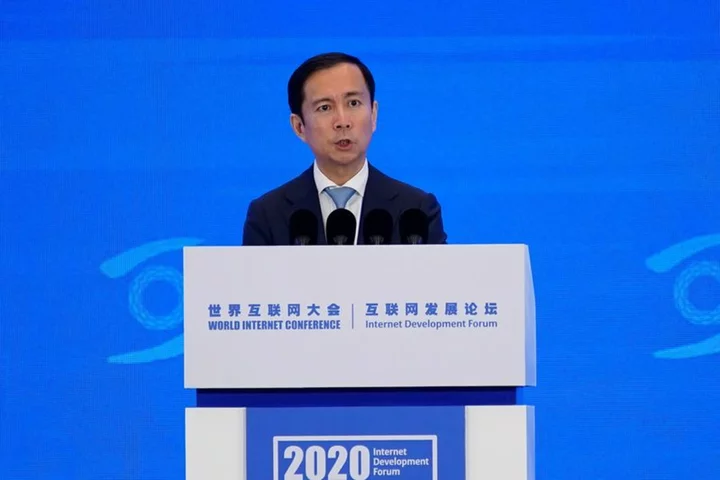
Alibaba's outgoing CEO Daniel Zhang quits cloud business in surprise move
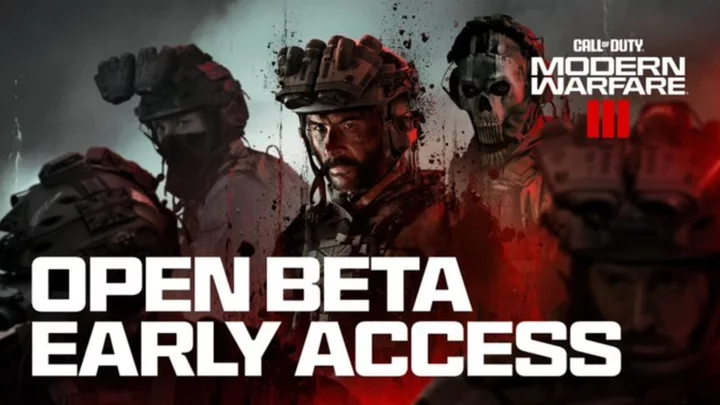
MW3 Multiplayer Beta Maps Revealed for Both Weekends
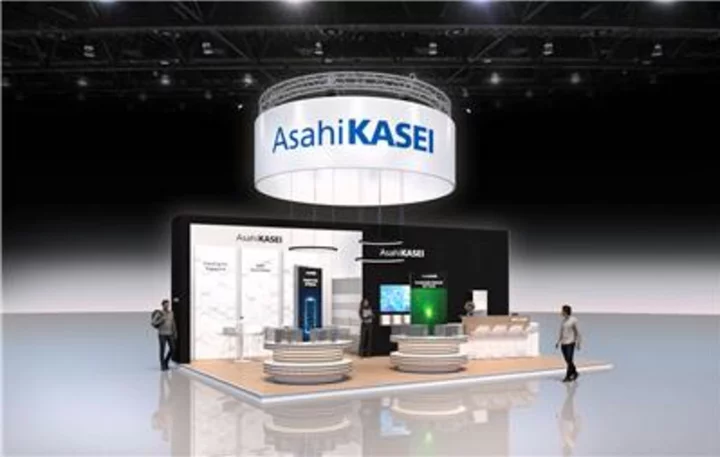
Asahi Kasei to Present Diversified Material Solutions for EV Batteries and Circular Economy at Fakuma 2023
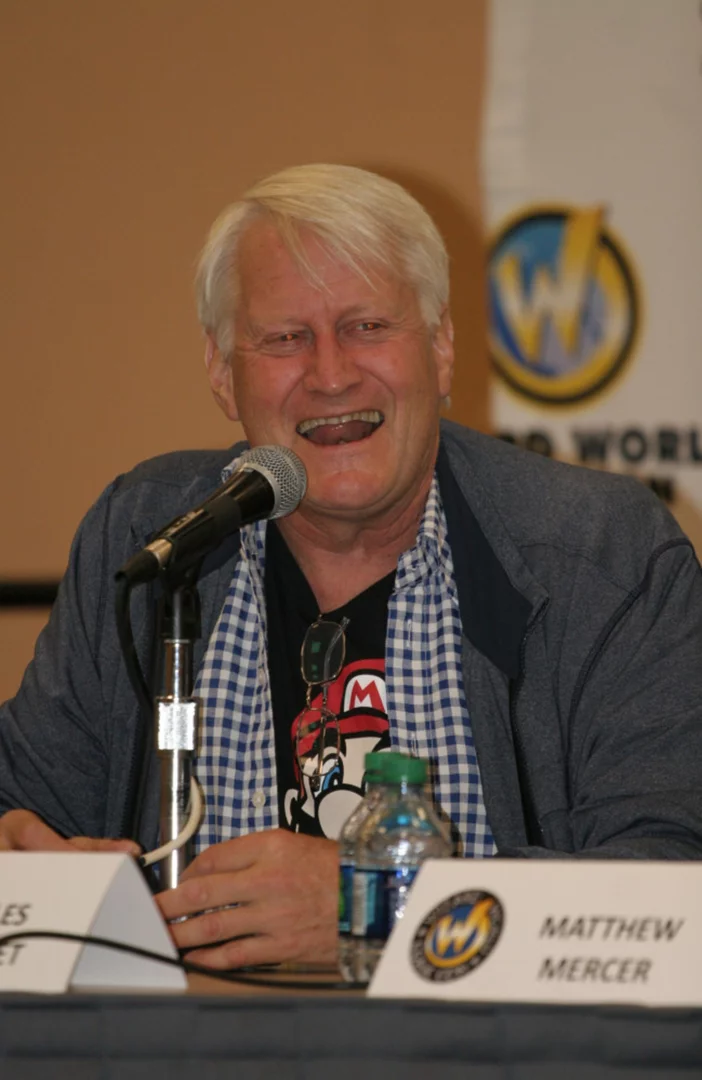
Charles Martinet, the voice of Mario, bids farewell to role after 30 years
